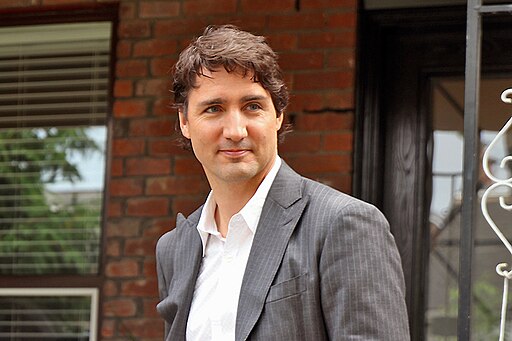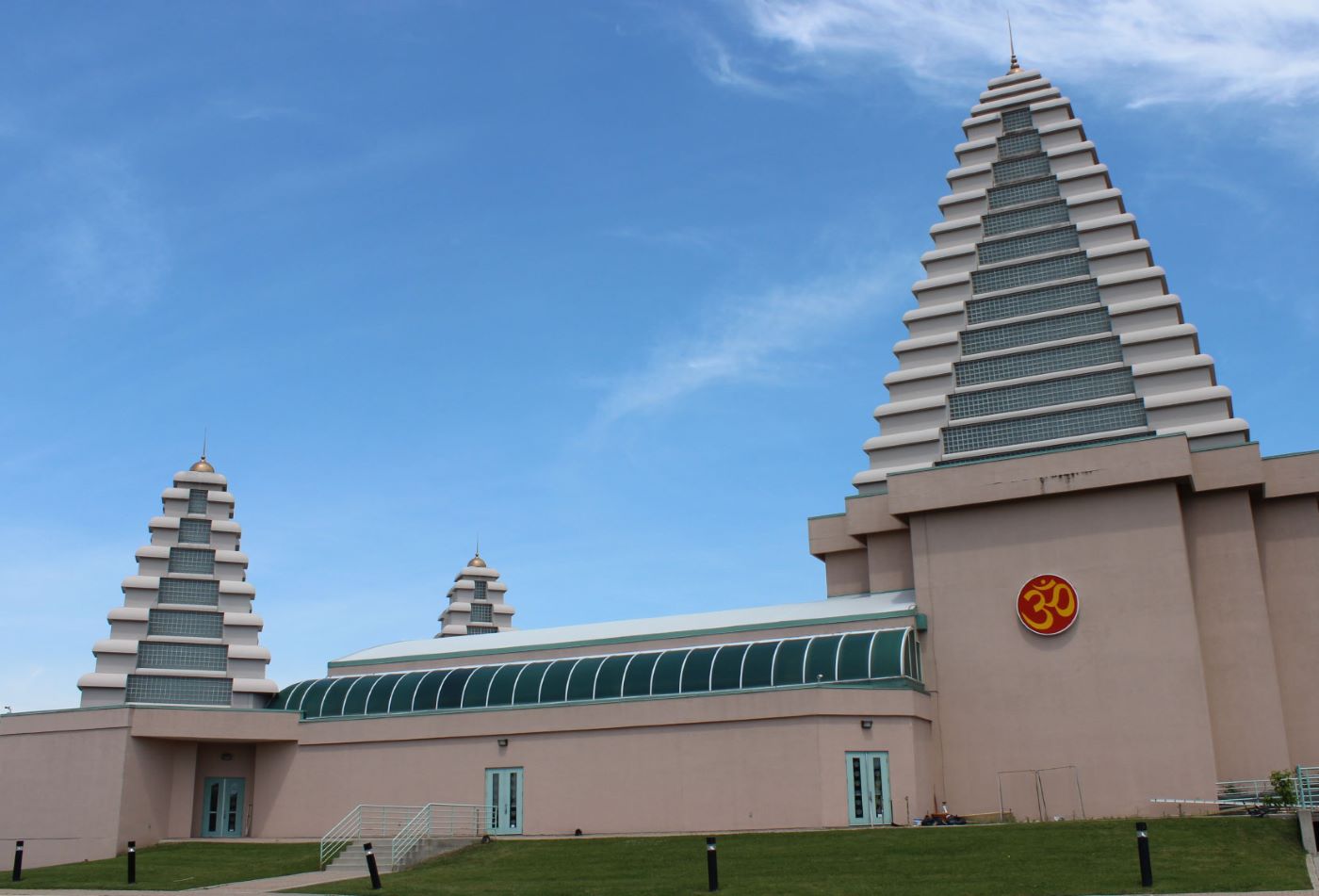Tragedies, not accidents: Tougher Canadian and U.S. border policies will cost more lives
A fire recently broke out at a detention centre in Ciudad Juarez on the Mexico-United States border. The blaze killed 38 men and injured another 29 from Guatemala, Honduras, El Salvador, Ecuador, Venezuela and Colombia. All of them had been detained because they had crossed borders to seek protection and safety.
The detention centre, run by Mexico’s National Migration Institute, is one of many migration facilities in Mexico financed by the United States.
It is embedded within the Safe Third Country political environment created by the U.S. and Canada since the early 2000s to outsource migration management to Mexico — and ultimately prevent people seeking protection and better lives from crossing their borders.
The most recent example of this environment of rejection in North America is the closure of Roxham Road between Québec and New York state. The closure was enforced as of midnight on March 24, 2023 to stop asylum-seekers from entering Canada at unofficial border crossings.
These are not isolated events but part of deliberately constructed transnational border infrastructure that slams the door on certain people moving across borders, even though freedom of mobility is a fundamental human right.
A tragedy but not an accident
Detainees in the Ciudad Juarez detention centre lit mattresses on fire as a form of protest against their rejected U.S. asylum claims, the looming prospect of deportation back to where they felt forced to flee and the conditions of their detention.
At first, the detained were blamed for the fatal outcome. Yet a surveillance video shows the deaths resulted from the security guards’ refusal to unlock cells even as smoke engulfed the detainees and family members outside could hear their screams for help.
The Ciudad Juarez fire is a tragedy but not an accident. It is the result of a systematically constructed anti-immigration policy that increases the vulnerability of people seeking protection.
Most of the day-to-day suppression of migrants is unseen and unheard here in Canada. As one Mexican migrant rights defender put it to me in an interview conducted in Mexico in 2022: “The lethal and painful outcomes experienced by migrants only become visible in moments of rupture, such as an ‘accident.’”
Millions denied entry
Combined with national immigration laws, regional political agreements to control and outsource migration management aggravate situations of violence and containment for those trying to cross borders.
In 2021, the U.S. expelled more than a million people to Mexico, including 200,000 families with children.
In 2022, more than two million people aiming to reach the U.S. and Canada were detained in Mexico.
Mexico manages detention and stops migrants from moving north in exchange for financial and political incentives under the umbrella of Safe Third Country agreements, including the “Remain in Mexico” policy formally known as Migration Protection Protocols enforced by the U.S.
Since 2019, asylum applicants to the U.S. are expected to remain in Mexico while awaiting a response under deplorable conditions.
In 2022, medical teams for Doctors Without Borders/Médecins Sans Frontières (MSF) in Mexico treated more than 40,000 migrants suffering illness or physical trauma, including sexual assault experienced in transit or while waiting for a decision on their asylum claims.
Many of MSF’s consultations also relate to mental distress due to the violence, loss and uncertainty people have experienced in their home countries and en route.
Prison-like conditions
Since the fire in Ciudad Juarez in late March 2023, human rights organizations have strongly condemned how migration is managed and what they refer to as prison-like circumstances under which people seeking safety are held at the Mexico-U.S. border and elsewhere in Mexico.
People receiving medical attention in MSF’s clinics report having attempted, in desperation, to cross the border only to be apprehended, abused and assaulted.
The Mexican government is investigating the Ciudad Juarez fire as a homicide and says the perpetrators will not escape punishment for the “painful tragedy.”
Still, the fire wasn’t an isolated incident, but the result of the domino effect of discriminatory practices framed as safe and humanitarian alternatives.
Roxham Road closure
Three nights before the fire in Ciudad Juarez — on March 24, 2023 — the government of Canada unveiled a deal with the U.S. to turn away migrants at Roxham Road and other unofficial crossings along the Canada-U.S. border.
People trying to enter Canada via Roxham Road are now arrested and reportedly sent to an official border crossing where their eligibility to apply for asylum will be determined. If deemed ineligible, they will be returned to the U.S., where they are likely to be forced back to the countries they fled from.
Canada has said it will welcome 15,000 migrants on a humanitarian basis in 2023.
Given that approximately 40,000 people sought asylum at the Roxham Road crossing alone last year — and amid global estimates of forcibly displaced people reaching over 100 million in 2022 — this move appears to reflect more of a desire to assuage public opinion than a genuine intent to offer safe alternatives to asylum-seekers.
The closure of Roxham Road must be understood in the context of a broader plan to expand the Canada-U.S. Safe Third Country Agreement signed in 2002.
More tragedies ahead
The plan ultimately rests on outsourcing migration responsibilities — through murky and quite possibly unconstitutional means — to Mexico and other countries.
On the southern border of the United States — with fewer resources and significantly higher numbers of asylum-seekers in Mexico, many of whom are exposed to very real dangers — such a policy is tantamount to a violent act.
On the northern border, Canada’s decision to close Roxham Road and expand the scope of the Safe Third Country Agreement is another brick in increasingly impenetrable anti-migration infrastructure aimed at keeping migrants well away from the Canadian border and denying entry to the few who arrive.
The Safe Third Country Agreement at both borders will lead to more tragedies like the fire in the Ciudad Juarez detention centre and the recent drownings in the St. Lawrence river of eight migrants during a border crossing from Canada into the United States. Some of them were failed refugee claimants set to be deported who felt they had no other option but to flee Canada.
These types of closed-door policies simply force people to take increasingly dangerous risks.
By Linn Biörklund PhD Candidate in Geography, Research Fellow at the Centre for Refugee Studies, York University, and co-authored by Joseph Belliveau, Executive Director at Médecins Sans Frontières/Doctors Without Borders Canada.
This article is republished from The Conversation Canada.





